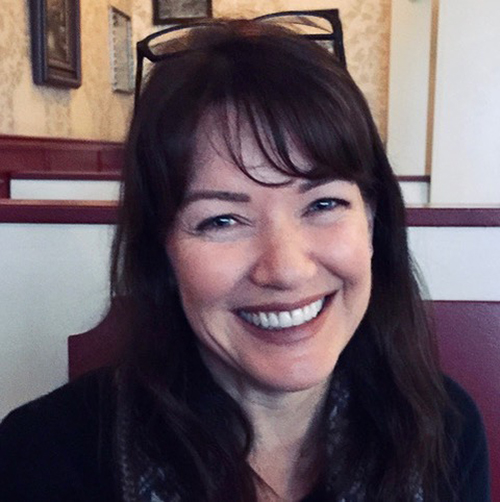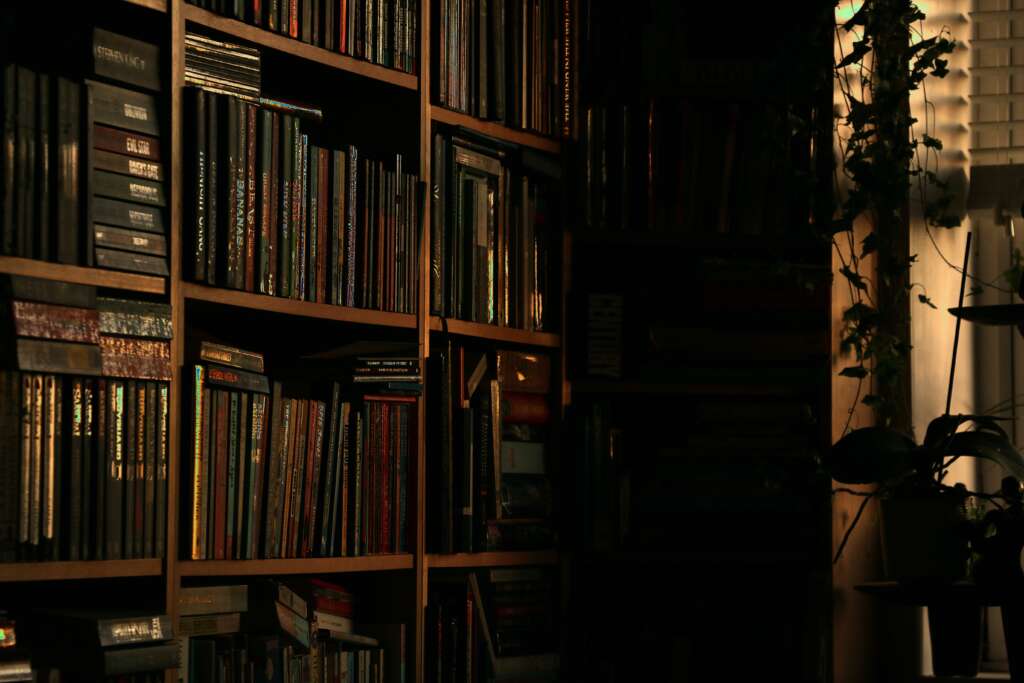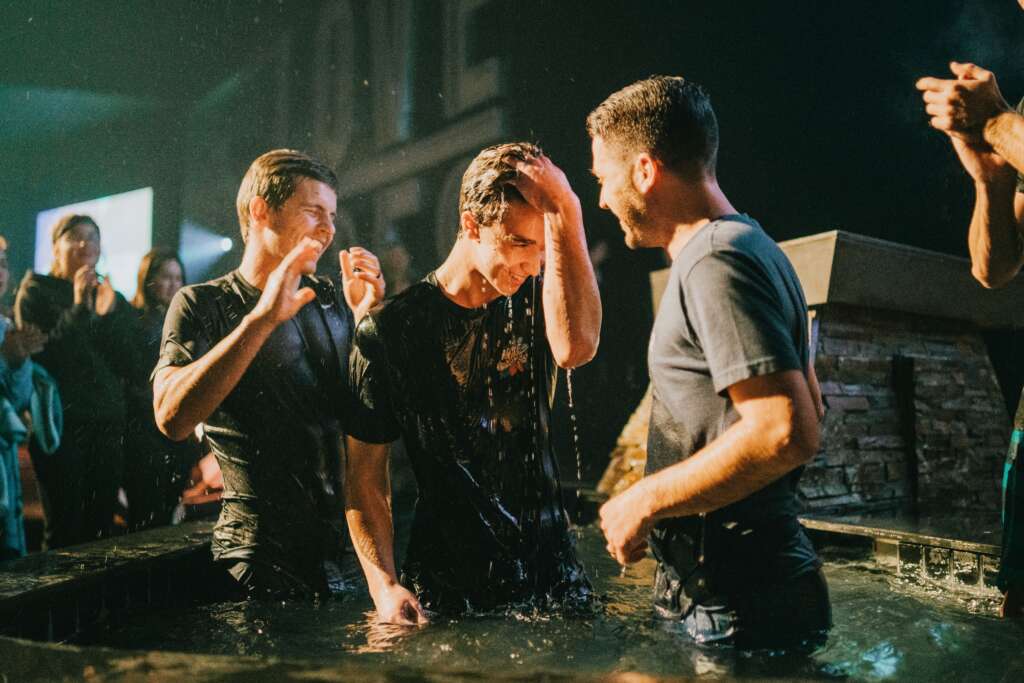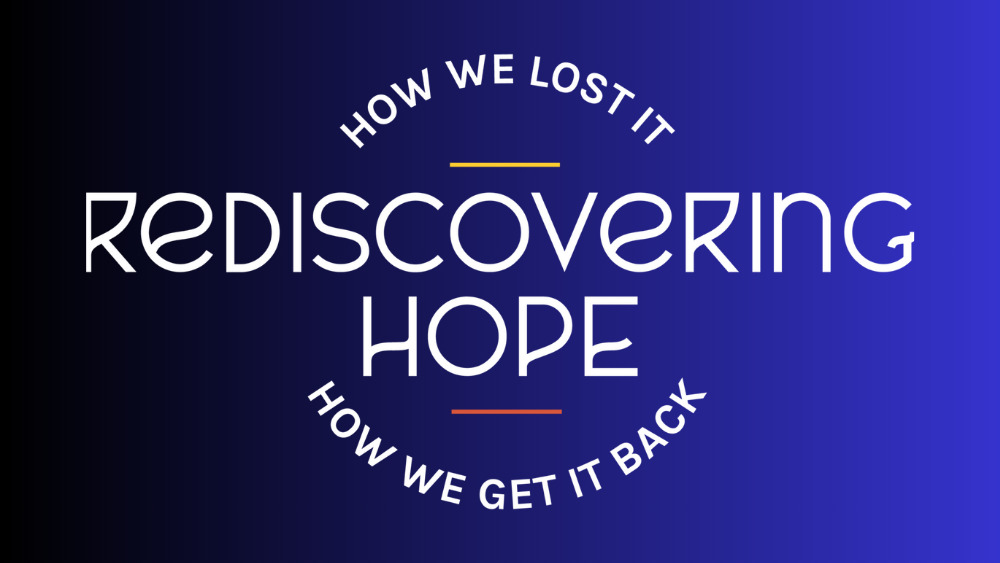What began as a conversation starter turned into a groundbreaking eight-year research project for clinical psychologist Leisa Aitken.

Leisa Aitken is a clinical psychologist, a researcher and a fellow of the Centre for Public Christianity.
First, she noticed that clients were going through similar life circumstances but often responding completely differently. Some clients were coping, retaining a sense that the future held promise; others felt crushed, losing sight of any light at the end of the tunnel.
Aitken started asking clients about their experience of hope, and soon she was asking family and friends too. With growing interest, Aitken turned to the psychological literature, and was “appalled” by what she found.
The psychological definition of hope centred on achievement of goals in the past and capacity for problem solving in the future. Hope was reduced to a simple question: how confident am I in myself moving forward? There was no room for hope that is, for example, based on trust in another person.
“It’s a shame that psychology doesn’t look to those places more.” – Leisa Aitken
The concept of hope in psychology and education research bore little resemblance to Aitken’s experience of a richer, multi-dimensional hope. Even her secular clients articulated a version of hope that aligned more closely with her own conception as a Christian. In fact, Aitken found that psychological research into colloquial understandings of hope incorporated emotional and relational aspects that were missing from more academic definitions.
She decided to dig a bit deeper than the 50 or so years of contemporary psychological research, by tracing the concept of hope through 2500 years’ worth of philosophy and theology. From the philosophy of Plato and Aristotle to Descartes, Kant and Nietszche, and the existentialist, pragmatist and Marxist philosophers; from the theology of the Bible to Augustine, Aquinas and modern theologians like Jürgen Moltmann, Aitken interrogated many of history’s greatest minds on the subject of hope.

Aitken surveyed thousands of years of philosophy and theology, searching for insights on hope. Pierre Bamin / Unsplash
She often found that they spoke more about hope than she expected, showing a keen interest in the human ‘psyche’. “It’s a shame that psychology doesn’t look to those places more,” she laments, “because these are amazing minds – great scholars, who have been reflecting on this within a whole array of worldviews.”
All these concepts overlapped enough for Aitken to extract four key aspects, from which to construct a whole new model of hope, which she will unpack in more detail at an upcoming event with the Centre for Public Christianity. Aitken has graciously provided Eternity readers a sneak peak.
A new hope
Aitken’s definition goes beyond self-focused concepts of hope, acknowledging four aspects. Along the way, Aitken highlights how the Christian gospel satisfies each aspect.
For example, a fundamental aspect of hope is imagination – the capacity to see momentary joys as a glimpse of fulfilled hope. Like when you feel burnt out and desperately hope for a holiday; closing your eyes, you can almost taste a salty sea breeze and feel the sun’s warmth. Or like when Aitken counsels struggling couples and, amidst the doom and gloom, someone makes a joke, the laughter providing a glimpse of the hope of reconciliation.
Aitken says she has taken on this challenge herself. “I’m training myself to have new eyes to see glimpses of what I hope for – especially the hope of the new creation. It could be just a tiny taste, but I try to connect small things in my everyday to bigger, more meaningful hopes.”
“People who said, ‘I pray’ or ‘I read my scriptures’ were actually the most hopeful people of all.” – Leisa Aitken
In fact, Aitken has noticed, God is always using glimpses of fulfillment to keep us hopeful. In the wars, exiles and unfaithfulness of Israel, God provided constant, tangible glimpses of their future hope. So often, beautiful images and assurances were provided through the Old Testament prophets.
As an example, Aitken traces the temple motif, from the garden to the tabernacle to the temple to Jesus and his body, the church, all pointing forward to the new creation, when God will dwell among his people. At every step, God gives his people imagination to keep them hopeful. “And you can see Jesus,” Aitken concludes, “as the ultimate glimpse.”

“Don’t you know that you yourselves are God’s temple and that God’s Spirit dwells in your midst?” (1 Corinthians 3:16) Vince Fleming / Unsplash
Perhaps unsurprisingly, Aitken found that, although her research was general and not particular to Christian respondents, the data showed a strong correlation between hope and spirituality. In fact, Aitken notes, when asked where they turned for hope, “people who said, ‘I pray’ or ‘I read my scriptures’ were actually the most hopeful people of all.”
But Aitken’s aim was to provide a fuller concept of hope, and she says that (unlike the individualistic conception) the scope of this research is broad. “The beauty of it,” she explains, “is if you have faith it will pick up your faith in God, but if you don’t have a faith, it still works very well.” Along with this theory, Aitken is producing corresponding measurement tools and therapeutic practices, giving the psychological field more to work with in recognising and fostering hope.
Rigorous reflection on hope has often lined up with catastrophe.
This research could hardly come at a better time. Aitken examined a number of hinderances to positive perception of the future, including the hopelessness of the pandemic, the difference in expectations between generations, and the impact of anxiety and addiction, especially in relation to social media and technology. Each of these topics will be unpacked in more detail in her Richard Johnson Lecture. This will also provide an opportunity to invite seekers to hear a gentle and confident articulation of the unique and intrigue Christian vision of hope.
Rigorous reflection on hope, Aitken says, has often lined up with catastrophe. Augustine wrote about hope while the Roman empire collapsed around him; Julian of Norwich (a 14th-century mystic) wrote about hope in the wake of the bubonic plague, which killed 30-50 per cent of the population of Europe; Jürgen Moltmann, Ernst Bloch and T.S. Eliot all wrote about hope after the seismic shock of World War II. In this sense, Aitken joins a long line of thinkers seeking hope in the midst of hopelessness.
At a time when the church is often viewed with scepticism, the Christian faith has a unique hope to offer.
Faith and hope
When Aitken explained the view of Thomas Aquinas and Gabriel Marcel that being hopeful means walking the line between despair and presumption, I couldn’t help wondering whether Christian hope is something completely distinct from our everyday use of the word. Surely it is right to presume that God will fulfil our deepest hopes?
“As Christians,” Aitken answered, “we are living in two layers of hope.”
We often use hope to mean our hope of salvation, eternal life and new creation. But Christians still have hopes for our earthly lives too, which may or may not be fulfilled in the present. In fact, as Paul reminds us, even our eternal hope remains unseen (Romans 8:24-25). We don’t know the timing; we don’t know exactly what judgement or new creation will look like.
Aitken concludes, “Our faith in the God who promises these things is what gives us the certainty.” So, both in the eternal and in the everyday, our trust in the goodness and power of God gives us hope for the future. And when our earthly hopes disappoint, we can rest in the knowledge that God will fulfil his promises to us.
For both Christians and seekers, Leisa Aitken aims to provide “a richer view of hope”, enabling people to recognise and pursue it. But she also aims to show that, at a time when the church is often viewed with scepticism, the Christian faith has a unique hope to offer.
Leisa Aitken is a clinical psychologist, a researcher and a fellow of the Centre for Public Christianity. Tickets are available now for her upcoming Richard Johnson Lecture, Rediscovering Hope: How we lost it; How we get it back.


